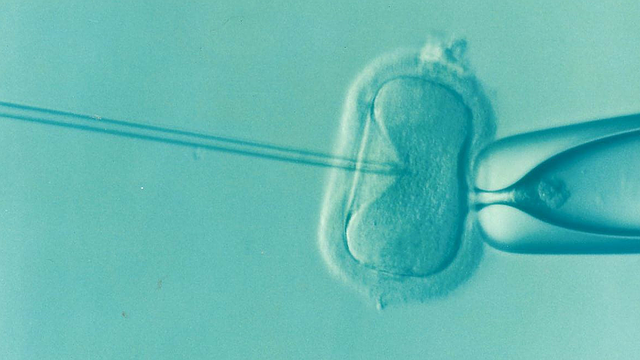15 December 2021
Are you considering pregnancy with help from a sperm donor you know? This can be one of the simplest and most affordable options to assist you in growing your family. With a known sperm donor, you do not need to pay fees associated with donor matching to a fertility clinic or sperm bank. You won’t face delays waiting for a donor match, either. A sperm donor you know is referred to as a “directed” or “known” donor. A sperm donor is used in a wide variety of situations: ● Sperm abnormality (such as low sperm count) in a heterosexual partnership ● Desire to avoid passing on a health condition in a heterosexual partnership ● Desire to become pregnant after vasectomy or prostate cancer treatment ● Lesbian couples who wish to use a donor they know personally ● Single women who wish to become parents without a partner Making the Right Decision About a Known Donor With a known donor, you don’t need to worry about being matched up with an anonymous sperm donor through a cryobank or fertility clinic. That said, it is still important to take steps to protect each of you: Yourself, your future child, and the donor. When a known donor agrees to be a part of your fertility journey, it is a wise idea to get in touch with an assisted reproductive law attorney. A known donor agreement (KDA) spells out the rights and expectations of each party – such as whether the donor will be known to the child, get updates, and so on. There may be other issues you want to discuss with your donor and get in writing: ● Whether you will expect him to get a check-up or take any genetic screening tests ● How you will receive, maintain, and ultimately destroy any of his health records ● The process you’ll undertake for paying fees or expenses related to his donation Once you are sure you are on the same page, you can move forward with your fertility plan! Known Sperm Donors and Intrauterine Insemination To donate sperm, a man will need to work with a fertility clinic. It may take more than one visit, as the clinic must evaluate the samples provided to ensure sperm health and motility. If any issues are found, the donor will follow up to learn more about the situation and the options for treatment. Once a sperm sample is provided, it can be frozen for future use. Many men freeze their sperm so they can use it for a later pregnancy – this is often done in the twenties. Under appropriate conditions, the sperm can be safely stored for many years, although some loss may occur over time. Since sperm samples must be carefully preserved using cryogenic technology, a sample from a known donor is not usually taken until you are within a few days of weeks of beginning your pregnancy journey. After the sample is collected, the next step is typically intrauterine insemination (IUI). Intrauterine insemination is a much faster and less invasive procedure than in vitro fertilization. It works by placing sperm cells directly into the uterus around the time of ovulation. This ensures that the sperm have a shorter distance to travel to reach and fertilize an egg cell, resulting in conception. From there, the pregnancy continues as normal. The bond between an expectant mother and a known donor is often a special one. No matter how long you’ve known each other, however, it’s important to set out everything in writing.








